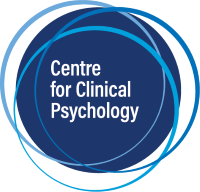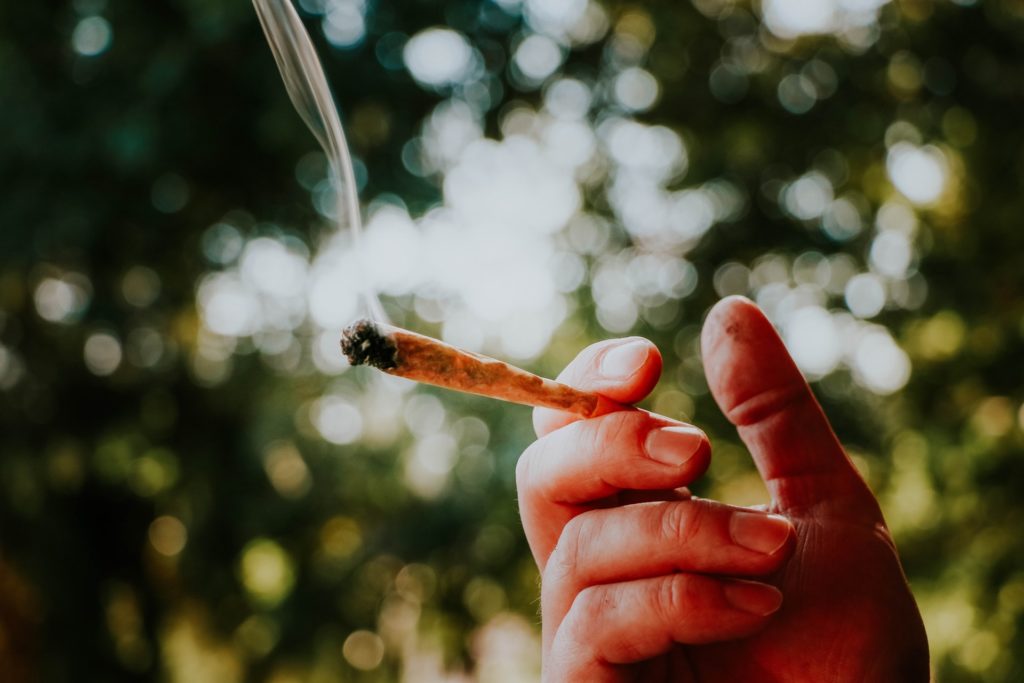In an earlier article on this blog, cannabis use for the treatment of PTSD was discussed. Its consideration as a possible leading edge treatment was across the world media ( Australia, U.S., Canada, and the U.K. ).
This included a publication of a study in Canada by Lake, and associates (2019) where they stated “there is preliminary evidence that cannabis use may contribute to reducing the association between post-traumatic stress disorder and severe depressive and suicidal states.” This discussion focussed on the use of medical marijuana in the treatment of PTSD.
Smoking Cannabis for PTSD
However, smoked cannabis is sometimes used by those with PTSD, to manage symptoms. Unfortunately the safety and effectiveness of cannabis for PTSD has not been established. A recent study by Marcell Bonn-Miller and colleagues (2021) tested three formulations of smoked cannabis in a two-stage, randomized, placebo-controlled trial.
The three formulations of active cannabis included (1) a high tetrahydrocannabinol version (THC), (2) a high cannabidiol version (CBD) and (3) a version with equal amounts THC and CBD (THC-CBD).
In the first stage, 80 men and women with PTSD (2/3 with combat-related PTSD, which is often a hard to treat population with PTSD) were randomized to receive one of these three formulations or placebo for three weeks. In this stage, there was no difference in efficacy for PTSD measured with the CAPS-5 in any of the three active cannabis conditions compared to placebo.
In the second stage, 74 of the participants were re-randomized to receive one of the three active cannabis formulations for an additional three weeks; this stage had no placebo condition. In stage 2, the combined THC-CBD group showed a greater reduction in PTSD symptoms at the end of three weeks compared to the THC and CBD conditions, but there was no difference between the groups at the final post-treatment follow-up visit. Because of the lack of a placebo group in this stage there are limitations to interpretation.
Findings
There were some interesting aspects to this study including many of the participants already having experience with the drug, yet nearly half of those receiving placebo believed that they received active cannabis. Bonn-Miller and colleagues (2021) suggested that prior expectations about cannabis’ effects might explain why even those in the placebo condition reported larger than average reductions in PTSD symptoms after only 3 weeks of treatment. Similarly other interesting aspects were that participants also had withdrawal symptoms, although these were in the mild to moderate range by the end of treatment. In contrast, I do not know of any research that discusses having to deal with withdrawal symptoms from Cognitive Processing Therapy (CPT) or any of the other frontline behavioural therapies for PTSD.
Conclusions
Bonn-Miller and colleagues (2021) concluded, “The present study failed to find a significant group difference between smoked cannabis preparations containing High CBD, High THC, and THC+CBD against placebo in regards to their impact on PTSD symptoms. All treatment groups, including placebo, showed good tolerability and significant improvements in PTSD symptoms during three weeks of treatment.” What is interesting about this, is that even the placebo group had an effect.
It seems the words of the Roman philosopher, Seneca the younger, apply here, “It is part of the cure to wish to be cured”.
References
Bonn-Miller, M. O., Sisley, S., Riggs, P., Yazar-Klosinski, B., Wang, J. B., Loflin, M. J. E., . . . Doblin, R. (2021). The short-term impact of 3 smoked cannabis preparations versus placebo on PTSD symptoms: A randomized cross-over clinical trial. PLoS One, 16,
Article e0246990. PTSDpubs ID: 1566890



